Tata Steel confirms 1,050 job cuts
- Published
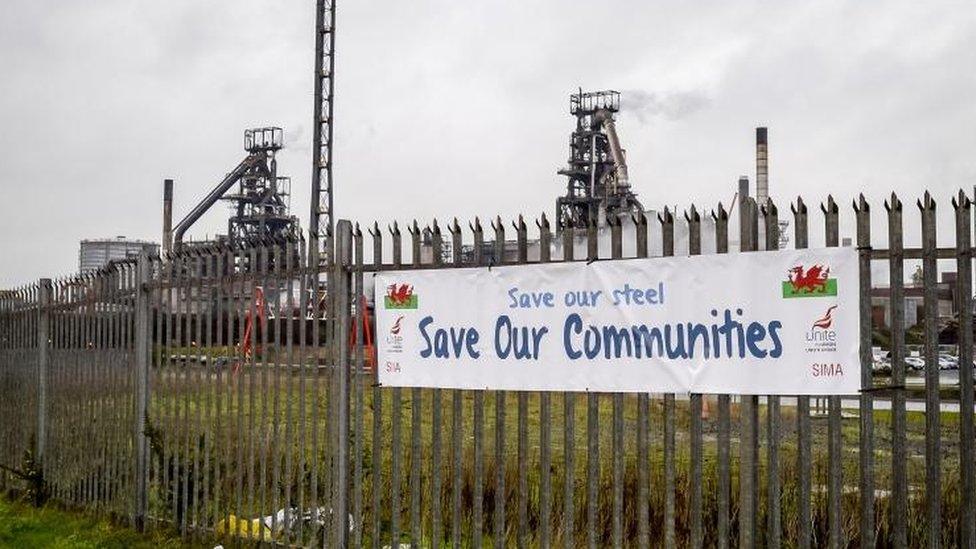
Tata Steel has confirmed it plans to cut 1,050 jobs in the UK, including 750 at Port Talbot, the UK's biggest steelworks.
The firm said 100 jobs would go across mills in Trostre, Corby and Hartlepool, along with 200 support jobs.
The plans are a result of falling European steel prices "caused by a flood of cheap imports, particularly from China", Tata said.
It comes on top of hundreds of other UK job cuts announced by Tata last year.
Trade unions and industry officials urged the government to give the UK steel industry immediate help and take action against Chinese steel imports, which they said were being sold at artificially low prices.
Karl Koehler, chief executive of Tata Steel's European operations, said: "I know this news will be unsettling for all those affected, but these tough actions are critical in the face of extremely difficult market conditions which are expected to continue for the foreseeable future."
The EU must take stronger action against "unfair" steel imports, he said.
Mr Koehler also called for "urgent action" from the UK government, including lower business rates and supporting anti-dumping cases.
Port Talbot, which currently employs 4,000 workers, is the biggest steel plant in Britain in terms of workforce and output, but is understood to be losing £1m a day.
Shadow Welsh secretary Nia Griffith on where it went wrong for steel
'Toxic cocktail'
Business Minister Anna Soubry said the cuts at Port Talbot and other sites were "deeply disappointing news".
The steel industry is having to "take tough decisions in the face of extremely challenging conditions", she said.
"No government can change that," she told the BBC, but it is working to help staff find new jobs as quickly as possible.
Gareth Stace, director of UK Steel, said: "We have been dealing for some time with a toxic cocktail of conditions, from Chinese dumping of steel to the high cost of energy."
A "strong and rapid response" is now needed in the UK and in Brussels to secure the future of European steel, Mr Stace added.
TUC general secretary Frances O'Grady said "cheap Chinese steel imports are wrecking the steel industry".
Ministers can start by opposing the granting of market status to China and lowering business rates, she said.
Ben Cottam, of the Federation of Small Businesses, said: "Today's announcement is a hammer blow for the whole community of Port Talbot, and will have severe repercussions for the local economy."

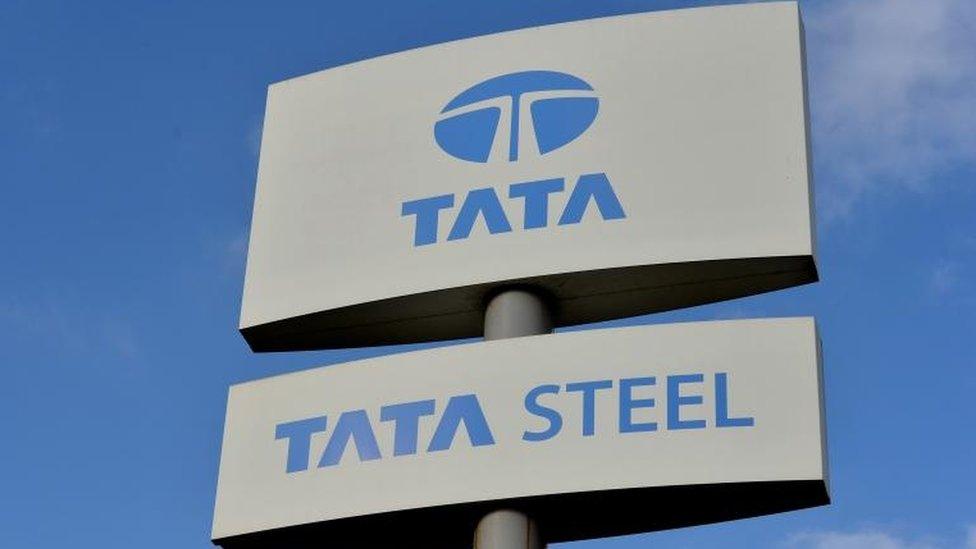
What is Tata Steel?
Tata Steel employs more than 80,000 people worldwide and is part of the wider Tata Group, an Indian conglomerate.
Founded more than 100 years ago, it has grown into a global producer with operations in 26 countries and revenue of around £15bn last year.
It became Europe's second largest steel producer, and the biggest in the UK, after it bought Corus, formerly British Steel, for £8bn in 2007.
Tata also has plants in the Netherlands, Germany, France, Belgium and south east Asia.
The steel it produces is used to make a huge range of products, from cars to office furniture and battery cases.

Alan Coombs, president of the Community union in Port Talbot, told the BBC the impact on the local community would be "devastating".
Workers at the Port Talbot plant are "obviously worried" about job losses, although they have known for several years that the situation was worsening, he said.
"It's been a slippery slope since 2008-09 but we are getting nearer to the edge all the time," he said.
Thousands of steel industry jobs were lost in 2015 with cutbacks and the closure of plants in England and Scotland involving Tata and other companies.
Local politicians have called for urgent action from the UK government to prevent further job losses.
Stephen Kinnock, the MP for Aberavon, which includes Port Talbot, said job losses would be a "bitter blow" for the area and stressed support was needed for workers made redundant.
In October, the Indian firm announced nearly 1,200 roles were to be axed in Scunthorpe and Lanarkshire.
- Published30 March 2016
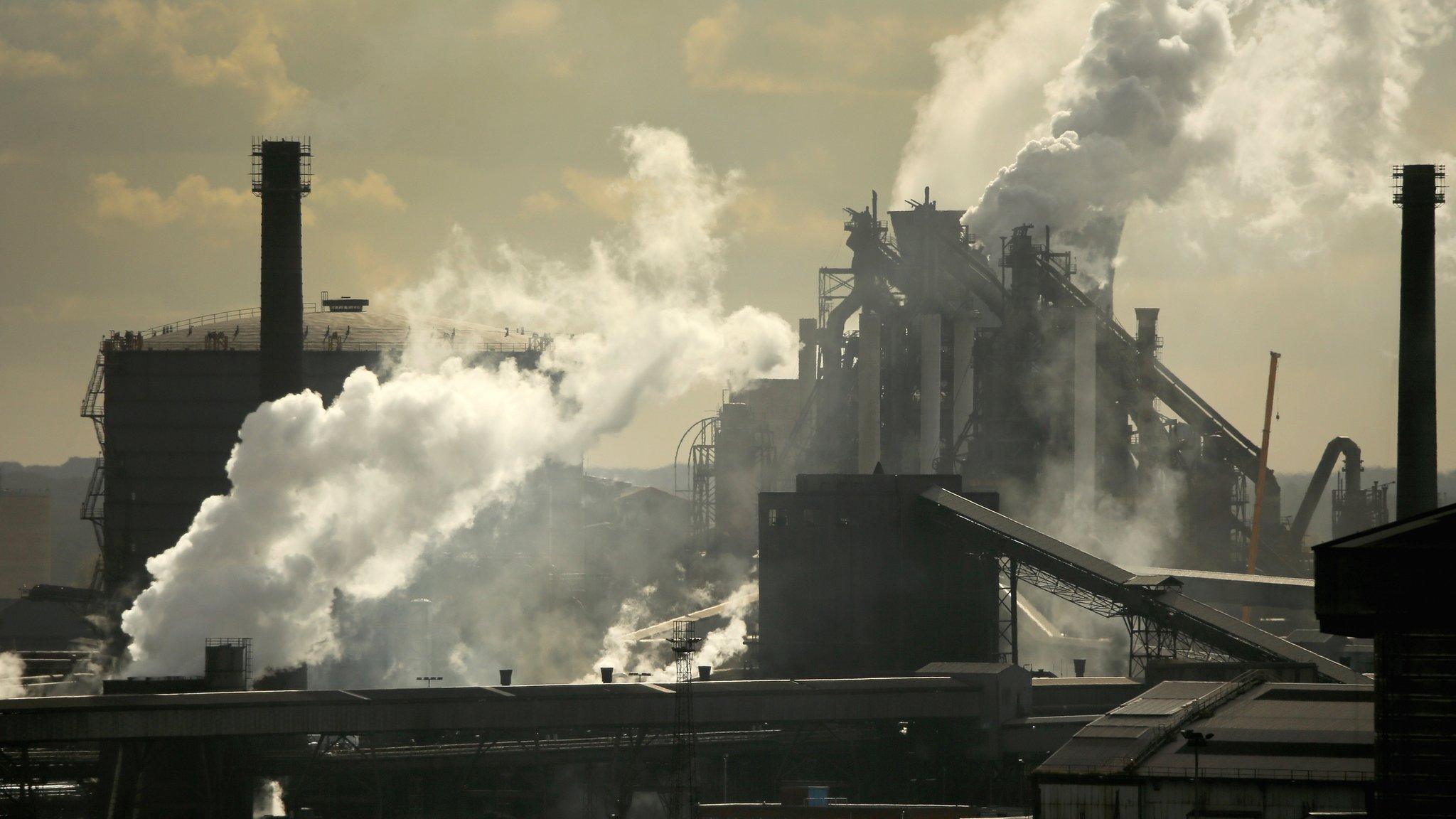
- Published18 January 2016
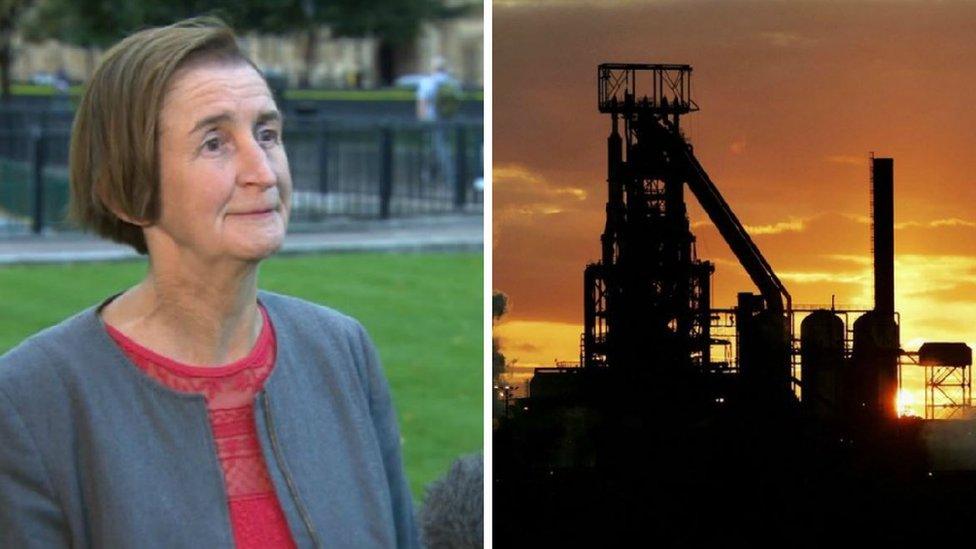
- Published18 January 2016
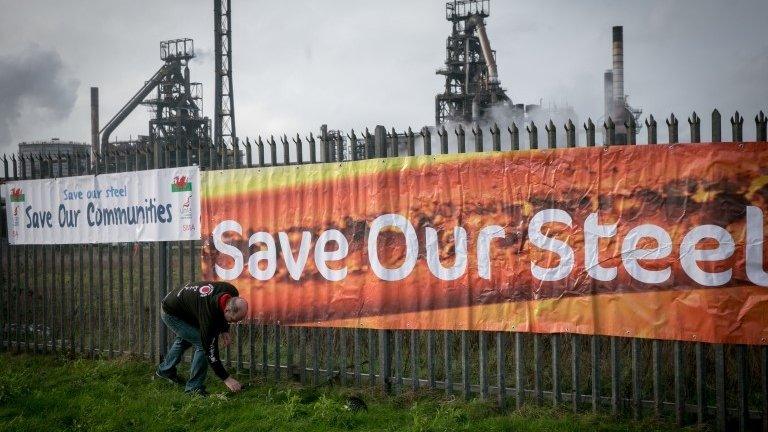
- Published11 January 2016
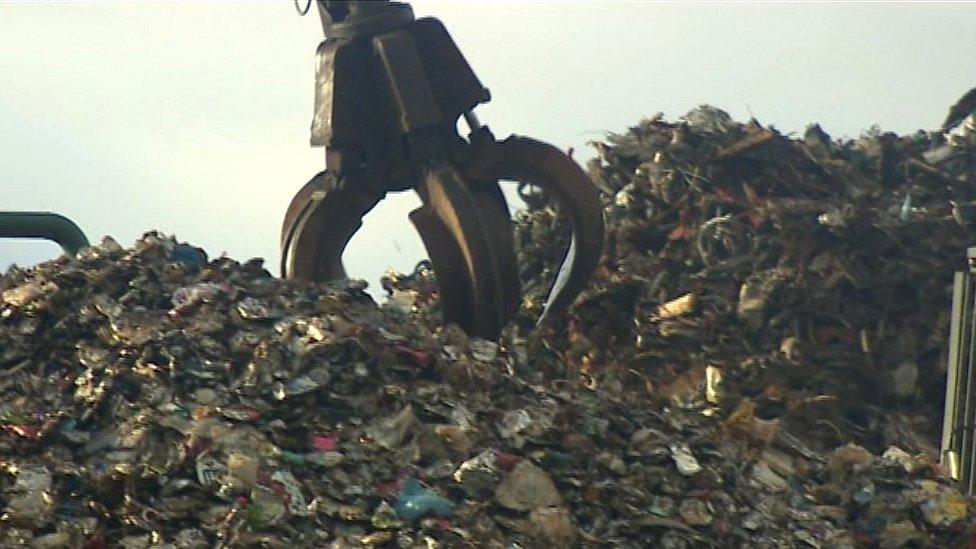
- Published8 November 2015
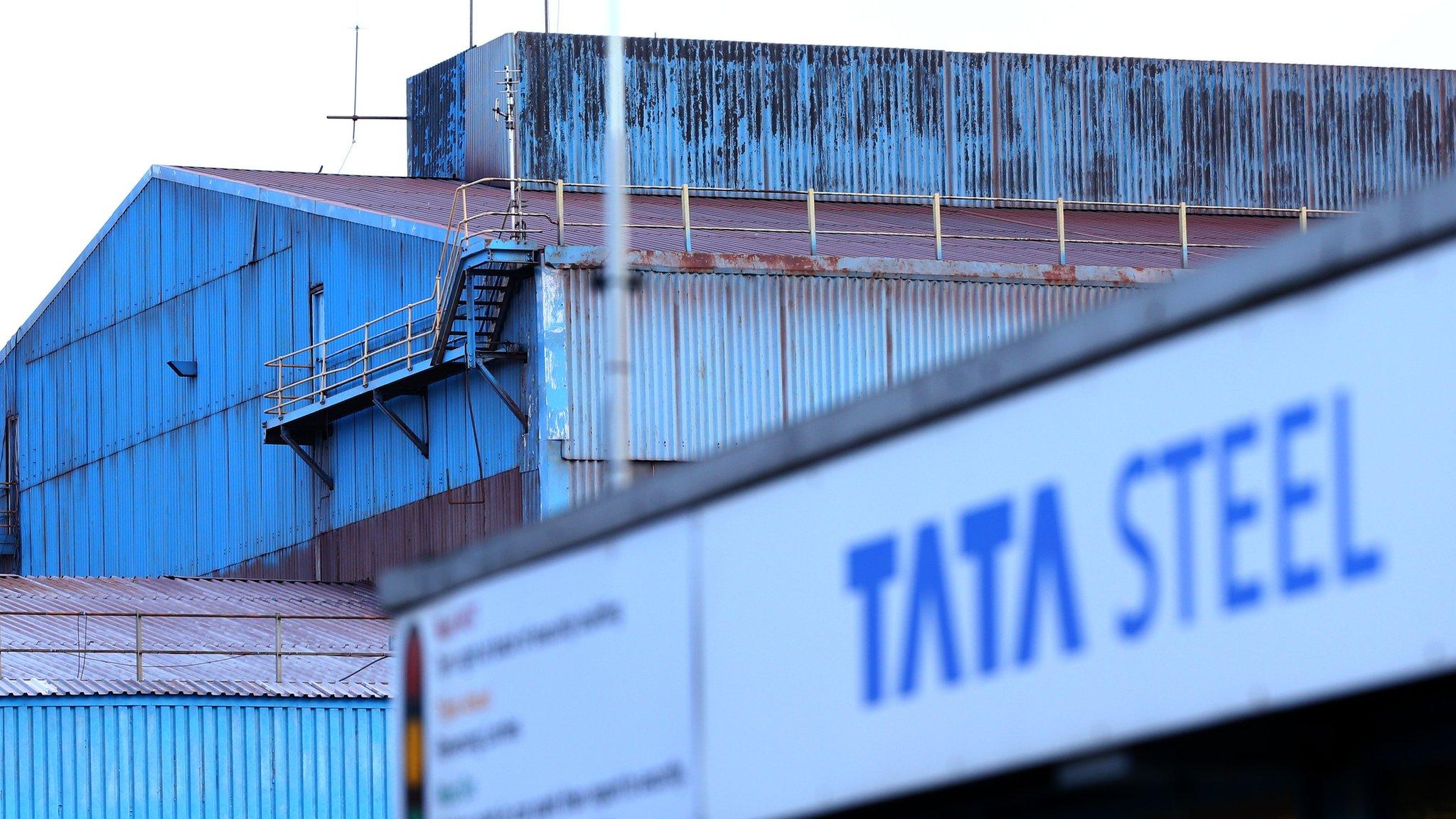
- Published20 October 2015
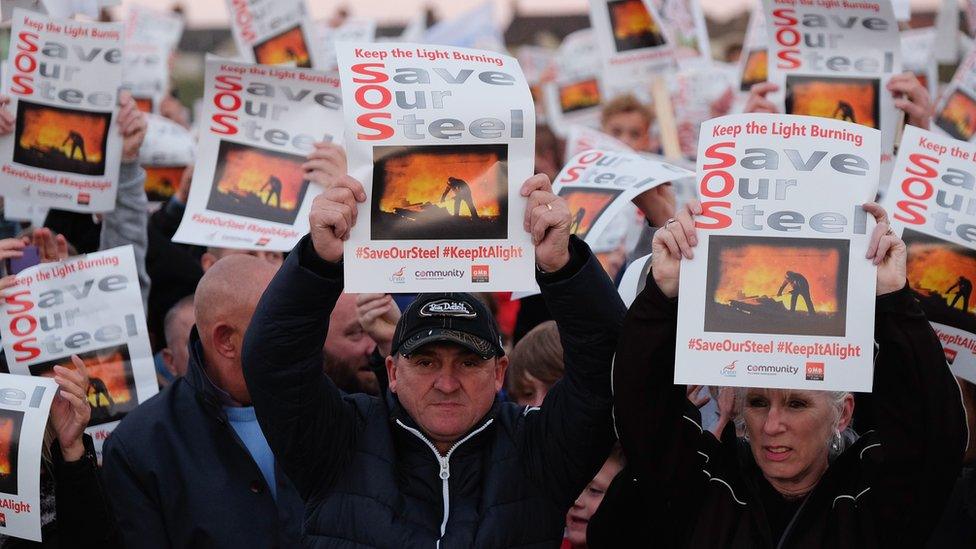
- Published20 October 2015
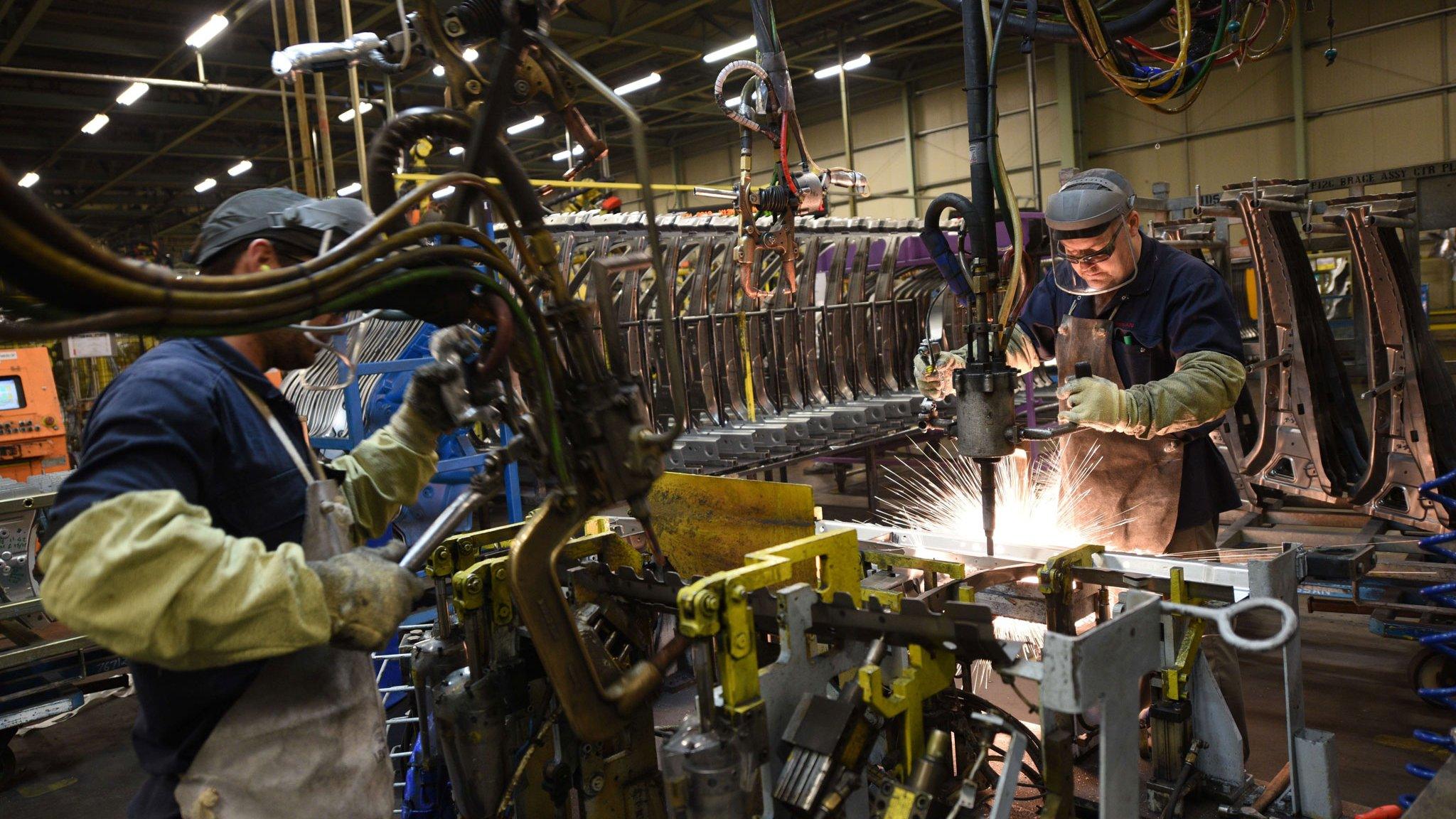
- Published20 October 2015